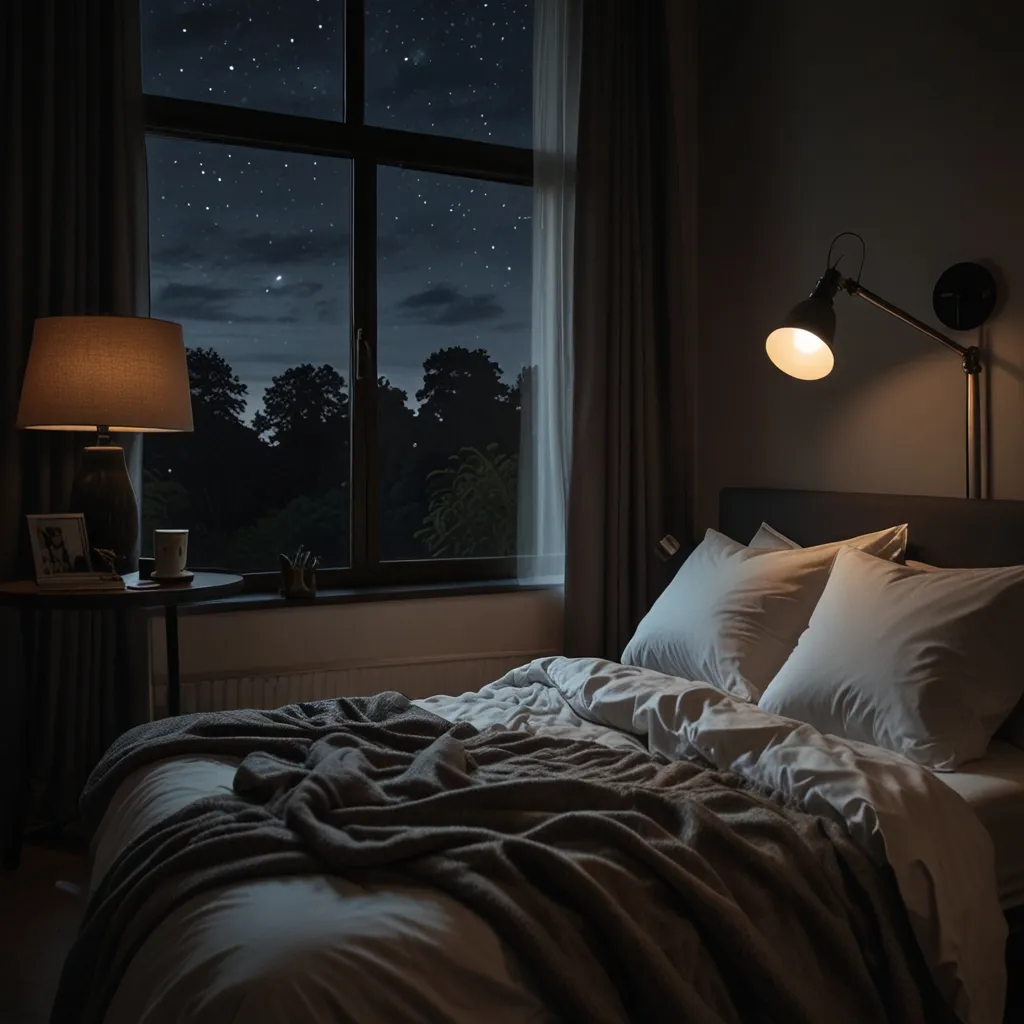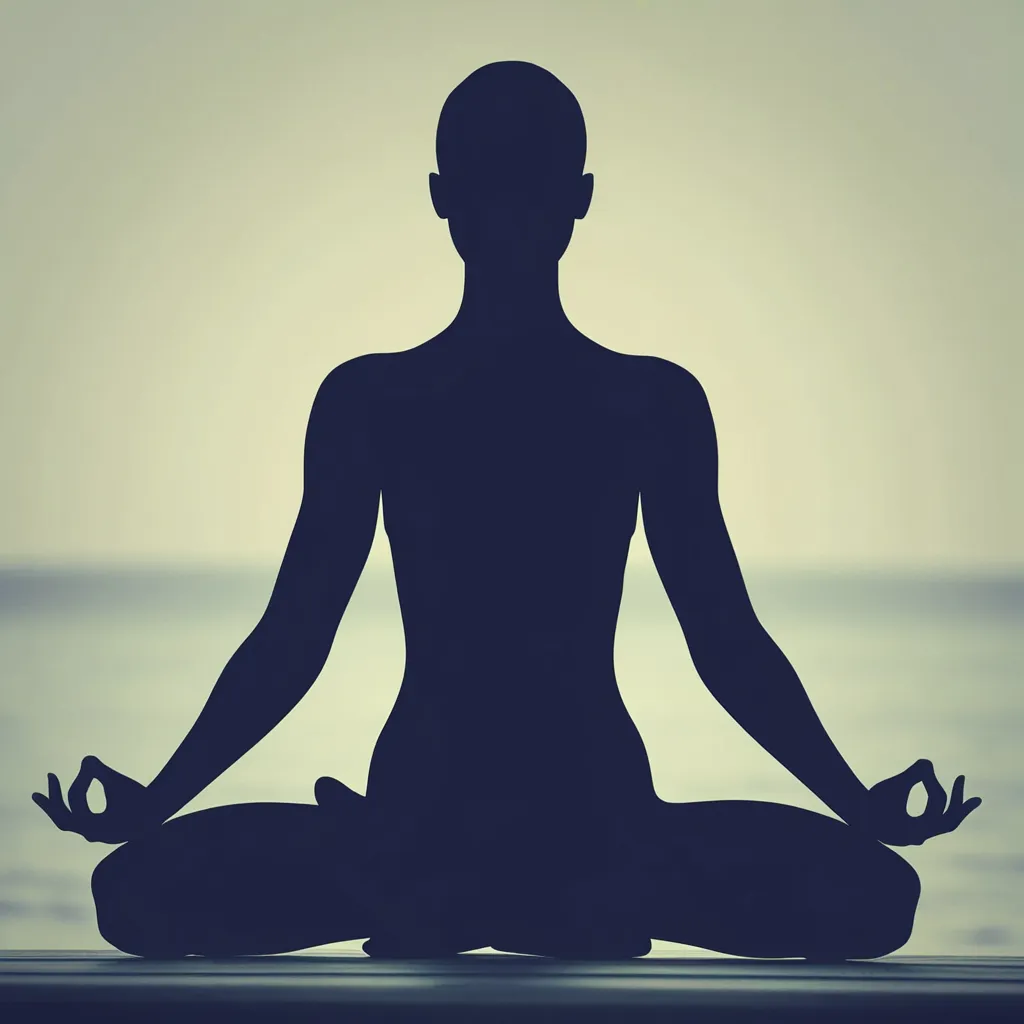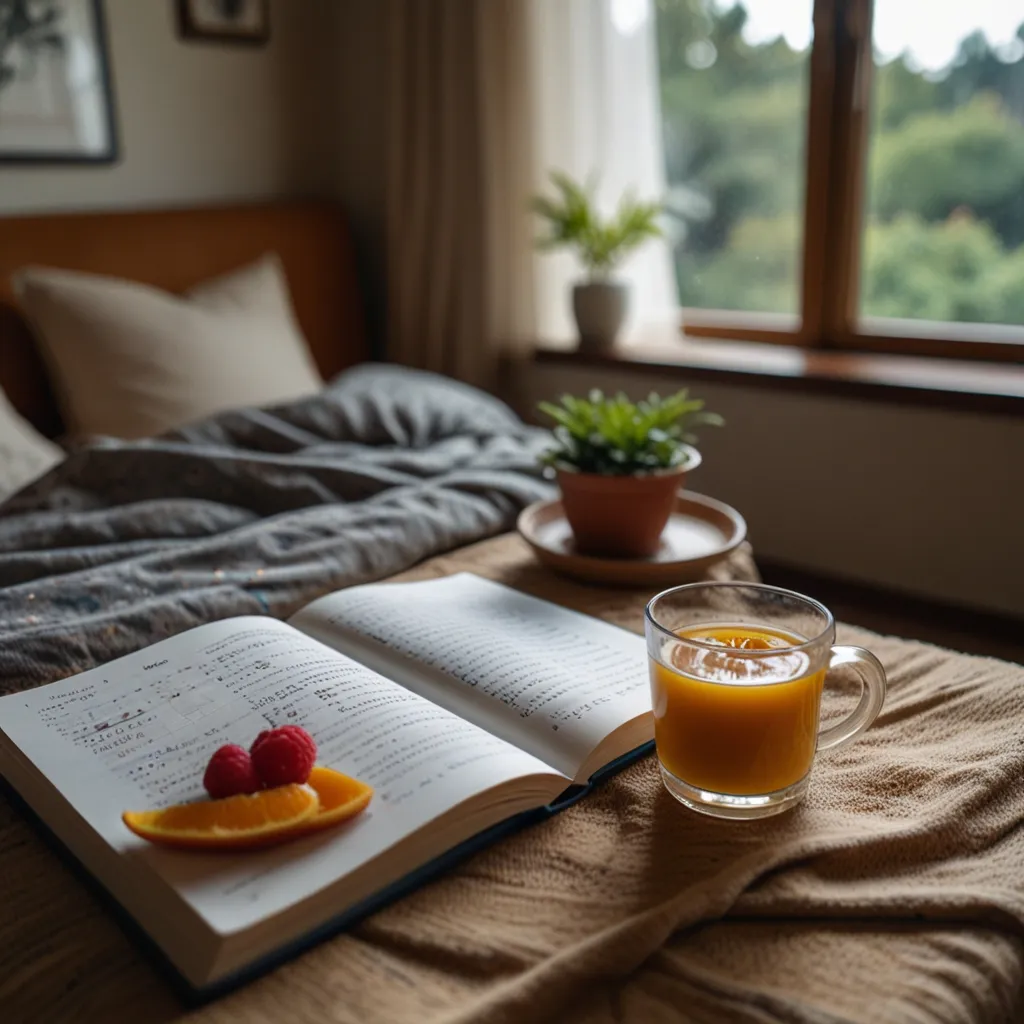Improving sleep hygiene is super important for keeping both your body and mind in top shape. When your sleep hygiene is off, you can end up dealing with sleep troubles, feel tired during the day, and even face various mental and physical issues. So, let’s dive into some tips that can help you boost your sleep hygiene for a better night’s rest and overall wellbeing.
First things first, sticking to a regular sleep schedule can work wonders. It’s about going to bed and getting up at the same time every single day, yes, even on those lazy weekends. Consistency helps your body’s internal clock stay on track, making falling asleep and waking up a breeze. Try aiming for 7-8 hours of sleep each night for optimal rest.
Creating a chilled-out bedtime routine can seriously up your sleep quality. Aim to start this routine about 30-60 minutes before you hit the sack. Think about doing calming activities like reading a book, taking a warm bath, or doing some gentle stretches. The key here is to avoid screens, as the blue light from them can mess with your sleep.
Your bedroom environment is a huge factor in sleep hygiene. It needs to be as dark, quiet, and comfy as possible. Blackout curtains or an eye mask can keep out any light, while earplugs or a white noise machine can block out noises. A cool bedroom temperature, ideally between 65-68 degrees Fahrenheit, is also perfect for good sleep.
Having a comfy mattress and bedding is a game changer. Look for a mattress that provides you with the right support and comfort. If your mattress is more than 10 years old or starting to show wear and tear, it might be time for an upgrade. Also, pick bedding that feels good to the touch and keeps you cozy but not too hot during the night.
While napping can be nice, it can also throw off your sleep schedule if you don’t do it right. Keep naps short, ideally around 20 minutes, and try not to nap too late in the afternoon. This way, napping won’t mess with your nighttime sleep.
Steer clear of stimulants like caffeine, nicotine, and alcohol close to bedtime. These can mess with your sleep big time. Caffeine can stay in your system for hours, making it tough to drift off.
Stress can be a major sleep killer. Getting into activities that reduce stress, like meditation, yoga, or deep breathing exercises, can help. Jotting down your worries before bed can also clear your mind, making it easier to relax and fall asleep.
Limiting screen time before bed is crucial. The blue light from your phone, tablet, or computer can mess with melatonin production, which you need for sleep. Try to avoid screens for at least an hour before bed or use blue light-filtering glasses or apps if you must be on your devices.
Use your bed just for sleep. Avoid turning it into a place for reading, working, or watching TV. This way, your brain associates it strictly with sleep, making it easier to switch off once you’re under the covers.
Keeping a sleep diary can be a good move. Write down when you go to bed, when you wake up, and any factors that might be impacting your sleep. This can help you spot patterns and make better choices to improve your sleep hygiene.
Sometimes, supplements can help if you’re really struggling with sleep. Things like melatonin, valerian, chamomile, and glycine are often recommended. But always check with your doctor before starting any new supplement to make sure it’s safe for you.
If you continue having sleep issues even after making these changes, it might be time to see a professional. Your doctor can give you tailored advice or treat any underlying conditions affecting your sleep.
Making improvements to your sleep hygiene is a journey, and it might take some time to see big changes. Be patient and don’t hesitate to seek help if you need it. By following these tips and consciously improving your sleep environment and habits, you can enjoy better rest and a healthier lifestyle.






